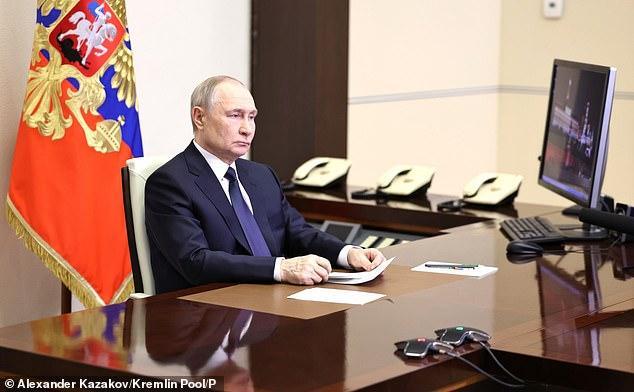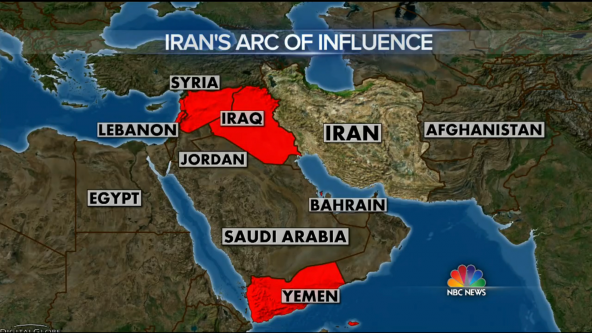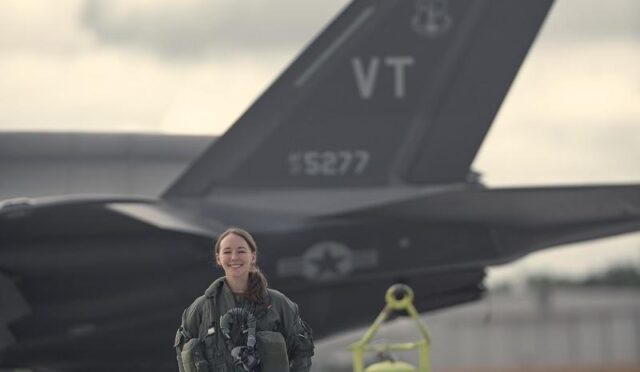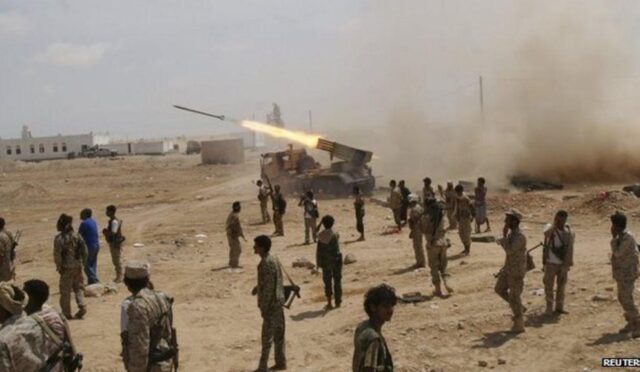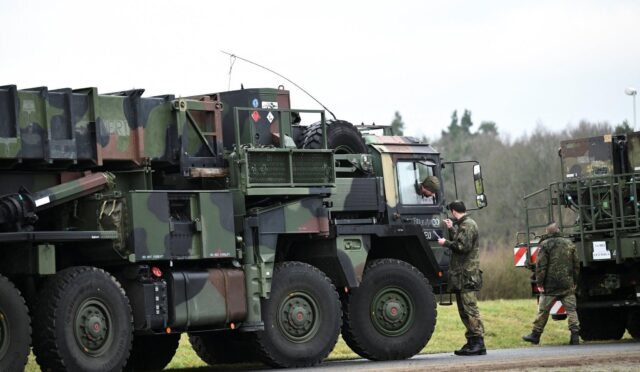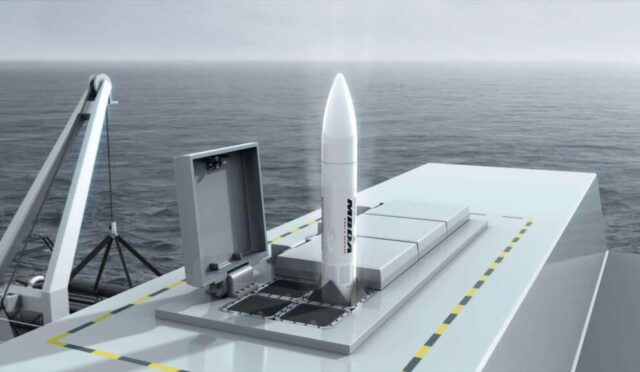Putin Orders Ceasefire Ahead of Victory Day
In a significant move, President Vladimir Putin announced a three-day ceasefire with Ukraine, aiming to align with the upcoming World War II commemorations in Moscow. This truce is scheduled from May 8 to May 10, a period during which Putin hopes to honor the 80th anniversary of Victory Day.
However, Ukrainian President Volodymyr Zelensky quickly rejected this ceasefire as a mere manipulation tactic. He emphasized that if Russia genuinely seeks peace, it should cease its hostilities immediately instead of waiting until the designated truce period.
U.S. Involvement and Peace Negotiations
Fresh discussions between U.S. Secretary of State Marco Rubio and Russian Foreign Minister Sergei Lavrov took place just before the ceasefire announcement, hinting at the strained dynamics in peace negotiations. Rubio indicated that this week would be crucial for determining the future of U.S. involvement in pursuing peace.
Despite this, frustrations from the U.S. side are mounting. President Trump expressed skepticism regarding Putin’s intentions, suggesting that the recent missile strikes on civilian areas indicated a reluctance on Russia’s part to genuinely pursue an end to the conflict.
Calls for Immediate Hostilities Cessation
Ukraine has been vocal about its demands for an immediate and substantial ceasefire lasting at least 30 days. In his address, Zelensky highlighted that the forthcoming ceasefire appears to be a strategy to buy time, urging instead for immediate action.
Ukrainian Foreign Minister Andriy Sybiga reinforced this stance via social media, questioning the rationale behind postponing the ceasefire until May 8, and calling for an immediate halt to hostilities.
Erosion of U.S. Patience
The White House has acknowledged rising concerns over the ongoing conflict, with President Trump advocating for a permanent ceasefire, while also expressing irritation at both Russian and Ukrainian leaders. Trump’s reflections after a recent meeting with Zelensky pointed to a shared wariness towards Putin’s commitment to peace.
Secretary Rubio underscored this sentiment, noting that U.S. patience is wearing thin, both existences in calling for a swift resolution to the conflict and his insistence on the need for a significant week ahead.
Stalemate in Talks
Since the outset of Russia’s military offensive, direct negotiations between Ukraine and Russia have been severely lacking. Discussions are further complicated by Russia’s insistence on recognizing its claims to Crimea, annexed in 2014, which Ukraine categorically refuses to acknowledge.
Foreign Minister Lavrov asserted that for any negotiations to advance, Ukraine must concede to Russia’s territorial demands, a demand rejected outright by Ukrainian officials.
International Concerns over Territory Concessions
European officials have voiced concerns that acceding to Russia’s demands regarding occupied territories would set a perilous precedent that could embolden future aggressions. President Zelensky clearly stated last week that Ukraine would never recognize the illegal annexation of its territories, which further underscores the complexity of the ongoing conflict.
Additionally, Zelensky has criticized Russia’s demand for demilitarization as ‘incomprehensible,’ highlighting the deep-seated mistrust that exists between the two nations.
Macron’s Call for Pressure on Russia
French President Emmanuel Macron has reiterated the need for Western nations to amplify their pressure on Russia in the coming weeks. He noted the critical nature of the next ten days as Western leaders align efforts toward establishing a ceasefire.
In discussions with President Trump, Macron stressed the importance of a strong stance against Russia, suggesting that escalating threats and potential sanctions should be on the table to deter further aggression.
Putin’s Gratitude to North Korea
In a surprising turn, President Putin expressed his gratitude to North Korean leader Kim Jong Un for the assistance of North Korean forces in reclaiming territory in Russia’s Kursk region. This acknowledgment underlines the geopolitical intricacies at play amid the conflict.
The involvement of North Korean forces further complicates the situation and raises questions about international alliances and the prospects for resolving the ongoing crisis.
